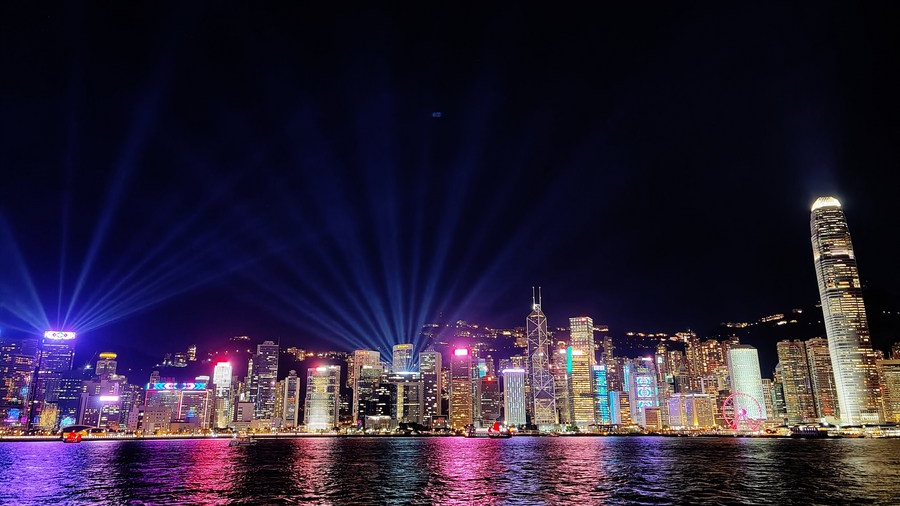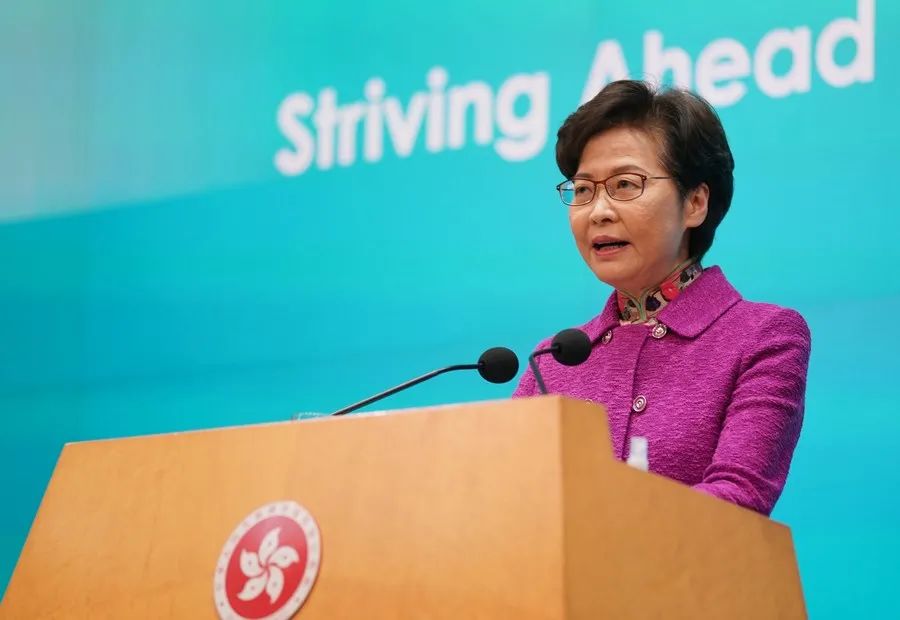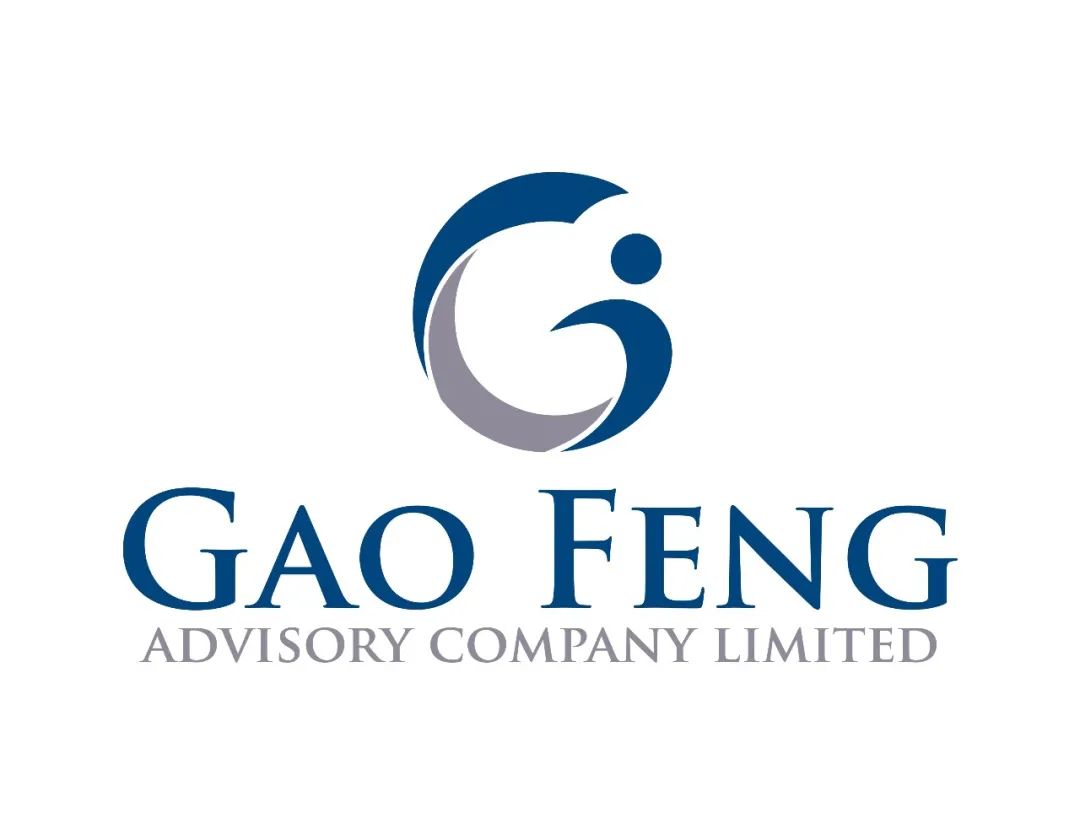CGTN | From Chaos to Order
From Chaos to Order: Time to Close the Divide Between 'Two Hong Kongs'

By Edward Tse
2021-03-13
Gao Feng Advisory’s CEO, Dr. Edward Tse’s latest op-ed on CGTN on Hong Kong. He pointed out that there are actually two Hong Kong’s- an “Elite HK” and a “Mass HK.” And there is little trickling down from top to bottom. HK needs to address these deep-rooted issues. It will take some time and won’t be easy but with boldness, skills and commitment, Hong Kong can do it!
Editor's note: Edward Tse is the founder and CEO of Gao Feng Advisory Company, a global strategy and management consulting firm with roots in Greater China. He was born and raised in Hong Kong and lives in the HKSAR. The article reflects the author's opinions and not necessarily the views of CGTN.
With the enactment of the national security law in June 2020, the situation in Hong Kong is finally stabilizing and slowly returning to order. The riots and unlawful protests that have prevailed for over 12 months created major havoc to the entire Hong Kong community.
On March 11, China's National People's Congress approved the decision to improve Hong Kong's electoral system, enforcing the notion of "patriots governing Hong Kong" which will in turn ensure the long-term viability of "One Country, Two Systems." These changes were needed as radical politics in the past had severely hindered the operations of Hong Kong's legislative process, causing for some time an almost "ungovernable" situation.
What's the root cause of Hong Kong's demise?
Wendy Hong, head of research of a large Hong Kong conglomerate group, pointed out that Hong Kong actually consists of "two Hong Kongs." I agree with her assessment.
For a long time even before the handover, Hong Kong has suffered high levels of income inequality. This situation has become worse over time, resulting in two different Hong Kongs.
One Hong Kong - let's call it "Elite Hong Kong" - is where Hong Kong's businesses and professionals ruled. They are mostly in financial services, property development and high-end services sectors. They roam in Central, Admiralty and West Kowloon. With Hong Kong's strong position as a regional financial hub, people and businesses engaging in this Hong Kong were doing very well financially. In fact, many of these people are recent returnees of highly educated people from the Chinese mainland or expatriates.
The other Hong Kong - let's call it "Mass Hong Kong" - is where most Hong Kongers are and they are prevalent in sectors such as retail, food, construction, low-end services and others. The living standard of people in "Mass Hong Kong" has not improved much over the last couple of decades, while the general housing prices in Hong Kong have risen significantly in the meantime - thanks to a large part to the "Elite Hong Kong." Many people in this Hong Kong live in poorly-conditioned sub-divided flats and many young people were disillusioned about their future.
There is little "trickling down" from "Elite Hong Kong." People in "Mass Hong Kong" feel that they have been left behind. Most of them are local Hong Kongers or descendants of recent "single entry permit" immigrants from the Chinese mainland. When they saw people in "Elite Hong Kong" or even well-off visitors from the Chinese mainland buying high-end properties in Hong Kong, they placed their anger on anything and everything that was "mainland" or what they viewed as vested interest groups.
While the Chinese mainland has lifted 98.99 million poor rural residents out of poverty over the past eight years, Hong Kong has a poverty population of close to 1.5 million as of 2019, according to the Hong Kong Poverty Situation Report, in a city of population that is less than eight million.
There are a number of reasons for this.
Since the mainland's opening up over 40 years ago, Hong Kong's manufacturing has been hollowed out. Even though most of Hong Kong's manufacturing back then wasn't really sophisticated, it was a key source of employment for local people. Since then, many people were deprived of decent-quality job opportunities.
The land supply has chronically been limited to both real and man-made reasons. It has been a major reason why the housing prices have gone up so rapidly over the last several decades. Also, the small percentage of people in "Elite Hong Kong" who were able to afford the top-end Hong Kong properties was viewed as villains by many Hong Kongers who saw that home ownership is increasingly out of their reach.

HKSAR Chief Executive Carrie Lam holds a press conference following the 2020 policy address in Hong Kong, south China, November 25, 2020. /Xinhua
Hong Kong's government has a long-held approach of non-intervention, believing that market forces by themselves can sort everything out. This is a legacy left behind from the British colonial days and the administrative officers of the Hong Kong SAR government simply inherited that approach without seriously reflecting on the effectiveness of it as the general context evolved.
With the national security law now in place and the integration of the Greater Bay Area underway, we now have the opportunity to address these fundamental issues.
1. The Hong Kong government should be much bolder in creating new sources of land supply through "combined punches:" revitalization of "brown land," including allocating a very small percentage of the most fringe areas in the parks for housing and a reasonable amount of reclamation in appropriate locations.
2. Hong Kong should leverage the Greater Bay Area which offers much more capacity in technology innovation and supply cluster bases. A lot has been written about this plan already and much of the focus will be on how Hong Kong should participate in the area's technology and innovation development, leveraging especially Hong Kong's capacity in universities and other higher institutions in research and development.
3. Hong Kong needs to cultivate new growth through what Wendy Hong calls "Industry 2.5." Capitalizing on the strengths of Hong Kong's services industries, "Industry 2.5" transforms the services industries by combining them with manufacturing-based industries, with areas such as luxury fashion, medical devices and aircraft parts services prime for the development of Hong Kong. The process will allow greater industrialization and diversification in Hong Kong's economy, create more varied investment options and provide fresh employment opportunities.
4. Hong Kong should build investment funds investing in companies of various sizes. Hong Kong can undertake some of these funds by itself and some in collaboration with other cities in the Greater Bay Area. In fact, Shenzhen, for example, has been leveraging their own funds to nurture a large number of tech companies over the last several decades, transforming the city into a leading tech hub. By investing into portfolio companies, these companies can also be a source of innovation and "re-manufacturing" to Hong Kong and a source of employment for Hong Kong people.
5. Hong Kong should find a much better way to balance the interests between the big businesses and the masses. An extreme form of capitalism has been manifesting in Hong Kong for a long time, causing a structurally close relationship between certain big businesses and the local government. This imbalance is the root cause of many of Hong Kong's deep-rooted issues and it should be rectified.
The incredible economic growth of the Chinese mainland over the last several decades was epitomized by how the government and businesses, big and small, state-owned and non-state-owned, synchronize in a rather sophisticated manner. The Hong Kong SAR government should learn from it about what works and evolve itself into an appropriate strategic position that will make the entire Hong Kong work.
From chaos to order, it's now time to close the divide between the "two Hong Kongs."
About the Author
Dr. Edward Tse is founder and CEO, Gao Feng Advisory Company, a founding Governor of Hong Kong Institution for International Finance, Adjunct Professor of School of Business Administration at Chinese University of Hong Kong and Professor of Managerial Practice at Cheung Kong Graduate School of Business. One of the pioneers in China’s management consulting industry, he built and ran the Greater China operations of two leading international management consulting firms (BCG and Booz) for a period of 20 years. He has consulted to hundreds of companies, investors, start-ups, and public-sector organizations (both headquartered in and outside of China) on all critical aspects of business in China and China for the world. He also consulted to a number of Chinese local governments on strategies, state-owned enterprise reform and Chinese companies going overseas, as well as to the World Bank and the Asian Development Bank. He is the author of several hundred articles and five books including both award-winning The China Strategy (2010) and China’s Disruptors (2015), as well as 《竞争新边界》 (The New Frontier of Competition), which was co-authored with Yu Huang (2020). He holds a SM and s SB in Civil Engineering from the Massachusetts Institute of Technology, as well as a PhD and an MBA from University of California, Berkeley.


Gao Feng Advisory
Gao Feng Advisory Company is a professional strategy and management consulting firm with roots in China coupled with global vision, capabilities, and a broad resources network
Wechat Official Account:Gaofengadv
Shanghai Office
Tel: +86 021-63339611
Fax: +86 021-63267808
Hong Kong Office
Tel: +852 39598856
Fax: +852 25883499
Beijing Office
Tel: +86 010-84418422
Fax: +86 010-84418423
E-Mail: info@gaofengadv.com
Website: www.gaofengadv.com
Weibo: 高风咨询公司
